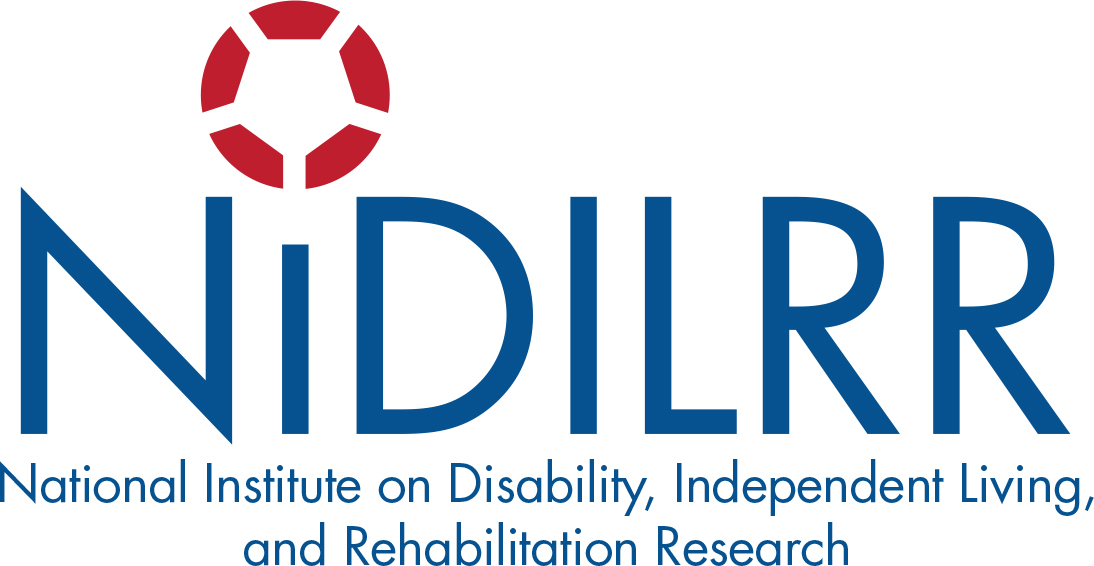- any period of loss of or a decreased level of consciousness;
- any loss of memory for events immediately before or after the injury;
- neurological deficits such as weakness, loss of balance, change in vision, impaired movement (dyspraxia), sensory loss, or a partial or total loss of the ability to articulate ideas or comprehend spoken or written language (aphasia); and/or
- any alteration in mental state at the time of the injury such as confusion, disorientation, or slowed thinking.
See Resources
Understanding TBI Part 1: What happens to the brain during injury and in the early stages of recovery from TBI? This information sheets is written for consumers through a collaboration between the Model Systems Knowledge Translation Center (MSKTC) and the TBI Model Systems of Care. Spanish version (en español)
Traumatic brain injury (TBI) from the Centers for Disease Control and Prevention, National Center for Injury Prevention and Control.
Basics of traumatic brain injury from the Mayo Foundation for Medical Education and Research (MFMER).
